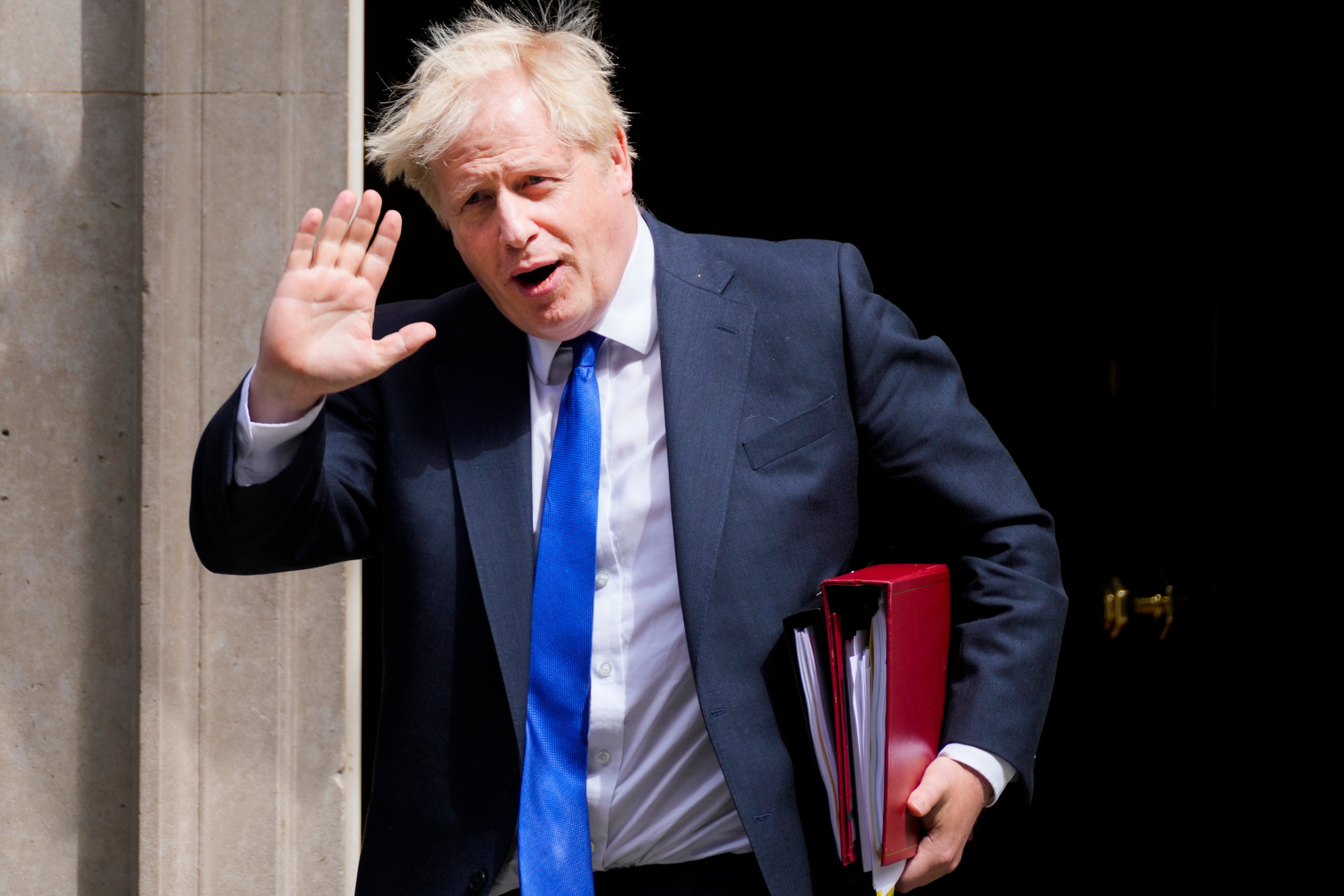How Boris Johnson could be forced to resign if he refuses to leave
Tory MPs are gearing up to change the rules around leadership elections

Boris Johnson's leadership is very much on the brink, over 50 MPs having quit government jobs in protest at his leadership as of Thursday morning.
But on paper the prime minister is technically safe as Tory leader, and cannot be forcibly ousted under existing Conservative rules.
That is because Mr Johnson has already survived a no-confidence vote last month.
41 per cent of Tory MPs voted against him, but a majority was needed to force him from office.
Under the existing rules, there can now be no new no confidence vote for a year – the matter is officially settled.
The hope by those resigning over the last 36 hours is that Mr Johnson will realise the game is up and resign from his job of his own accord.
But the prime minister has a reputation for brazening-out scandal, so his critics in the Tory party have a back-up plan if it does not voluntarily go.
If Johnson doesn't quit, they will simply change the rules of the game so he can be forced out. They are confident they could win a second no confidence vote.
The Conservative party's ruling 1922 committee is the key here. The committee’s executive is re-elected every time there is a Queen’s Speech, and a new one is expected to be in place by next week.
The ruling executive is made up of 18 members in total, including six officers. This includes a chairman, two vice chairs, two executive secretaries, and a treasurer.
The first meeting to swear in the new executive would be next Wednesday, with the first opportunity to change the rules the week after that.
This means a vote to oust Mr Johnson could happen before MPs leave Westminster for their summer break on 21 July.
MPs critical of Mr Johnson are already organising around changing the rules and given the numbers of resignations they are confident they could tweak standing orders to make it possible to remove the party leader.
It is not clear exactly what the rules would change to, but they would likely be modified in a way that made a new vote of no confidence against the prime minister possible.
Would the vote of no confidence by Tory MPs go a different way to last month? It seems likely. The result for Mr Johnson in June was already poor by the standards of previous leaders, who have resigned out of principle with better levels of support.
But in the last 36 hours MPs who had openly supported the PM have turned against him and said the current situation cannot continue. There will be no shortage of MPs voting against him, even on a pragmatic basis to put and end to the turmoil
Join our commenting forum
Join thought-provoking conversations, follow other Independent readers and see their replies
Comments
Bookmark popover
Removed from bookmarks